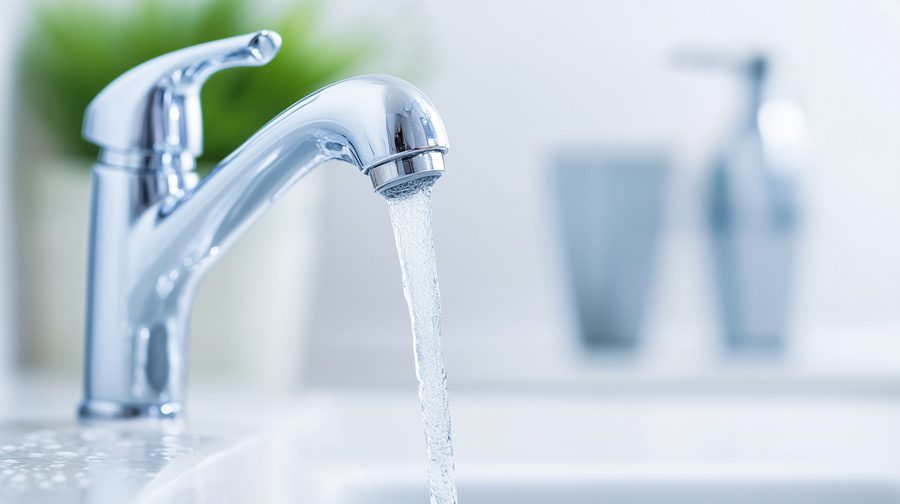Groundwater is a valuable source of drinking water for many households. However, it can also contain harmful contaminants that pose health risks to you and your family. It is therefore important to seek professionals that offer water filtration services or household water treatment in Jacksonville. This article will discuss the common contaminants that may exist in groundwater and how you can treat them using household water treatment systems.
Arsenic
Arsenic is a toxic metal that can cause cancer and other serious health problems. It can seep into groundwater from natural deposits or human activities such as mining, agriculture, and industrial processes. The best way to remove arsenic from water is through a process called reverse osmosis. Reverse osmosis systems use a semipermeable membrane to remove impurities, including arsenic, from water. Other effective treatment methods for arsenic include activated alumina, iron oxide-coated sand, and anion exchange.
Iron and manganese
Iron and manganese are naturally occurring metals that can cause water discoloration, stain laundry and fixtures, and produce an unpleasant taste and odor. These metals can enter groundwater from natural deposits and be introduced by human activities such as industrial processes and mining. The most common treatment method for iron and manganese is oxidation and filtration. Oxidation can be achieved through aeration or chemical treatment, while filtration can be achieved through sand or multimedia filters.
Nitrate
Nitrate is a common contaminant in agricultural areas and can enter groundwater from fertilizers and animal waste. High nitrate levels in drinking water can cause serious health problems, particularly in infants and pregnant women. The best treatment method for nitrate is through ion exchange, which replaces the nitrate ions with chloride ions. Reverse osmosis and electrodialysis can also be used to remove nitrate from water.
Chlorine
Chlorine is often added to drinking water as a disinfectant to kill harmful bacteria and viruses. However, excessive chlorine levels in drinking water can cause an unpleasant taste and odor and harm health. The best way to remove chlorine from water is through activated carbon filtration. Activated carbon removes chlorine and other impurities by adsorption, which is the process of attracting and holding contaminants onto the surface of the carbon. Other effective treatment methods for chlorine include reverse osmosis and distillation.
Fluoride
Fluoride is often added to drinking water to promote dental health. However, excessive fluoride levels can cause dental fluorosis, leading to discoloration and pitting of the teeth. Fluoride can enter groundwater from natural deposits or human activities such as industrial processes. The best way to remove fluoride from water is through a process called reverse osmosis. Reverse osmosis systems use a semipermeable membrane to remove impurities, including fluoride, from water. Other effective treatment methods for fluoride include activated alumina and bone char.
In conclusion, contaminants can exist in groundwater and pose health risks to you and your family. However, using household water treatment systems and professional water filtration services can keep your drinking water safe. If you’re concerned about the quality of your water and need household water treatment in Jacksonville, contact RainSoft A & B Marketing for expert advice and water treatment solutions.








